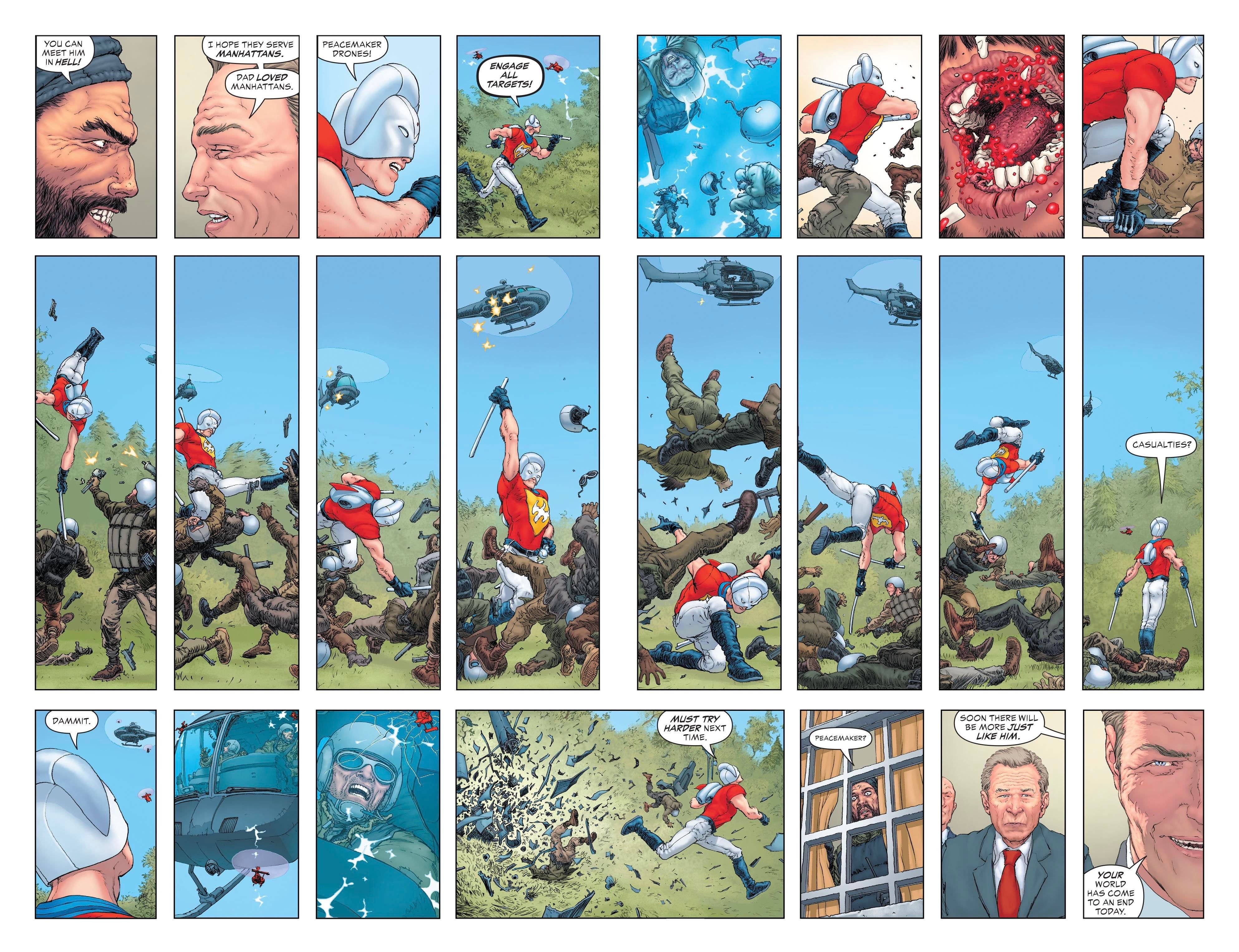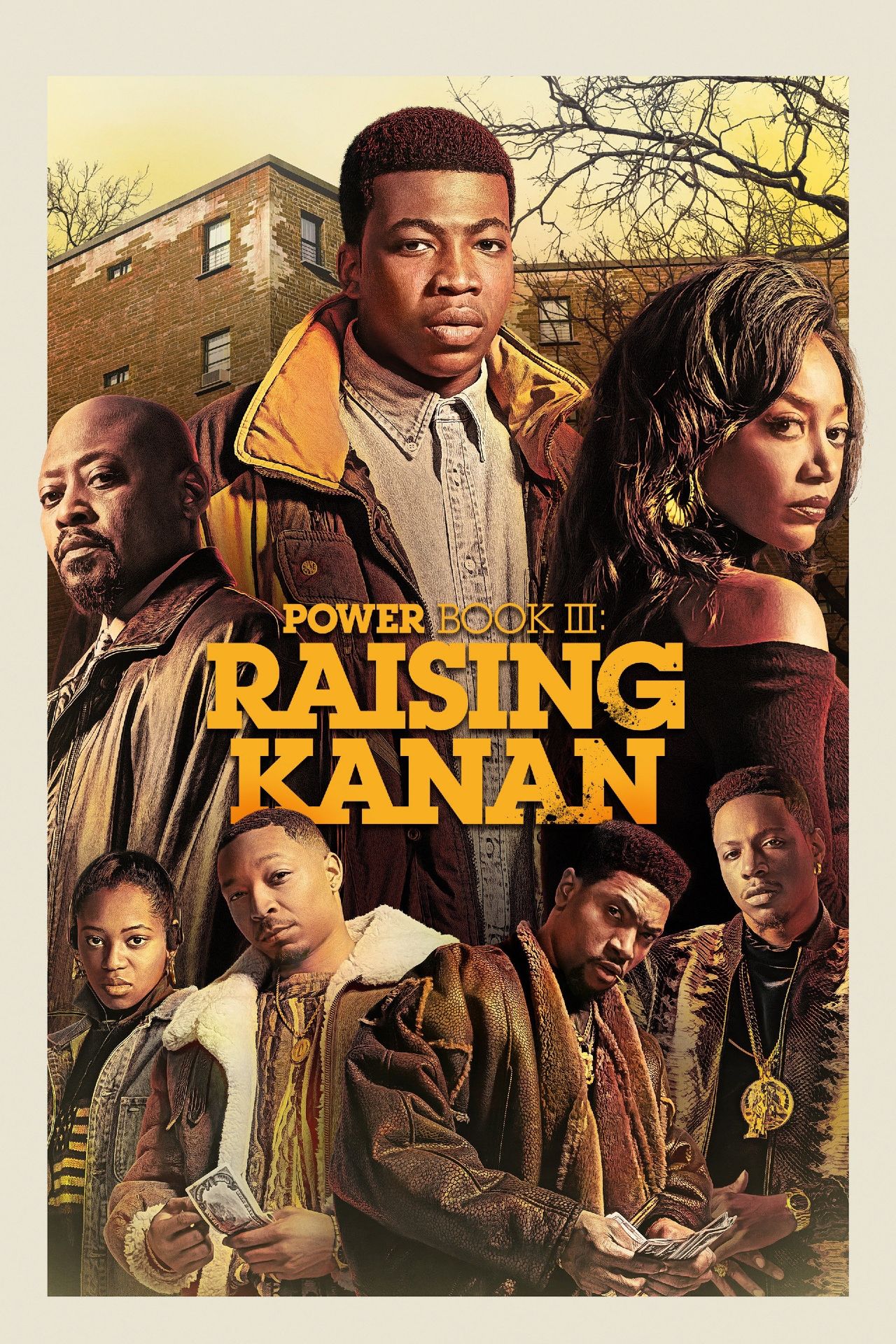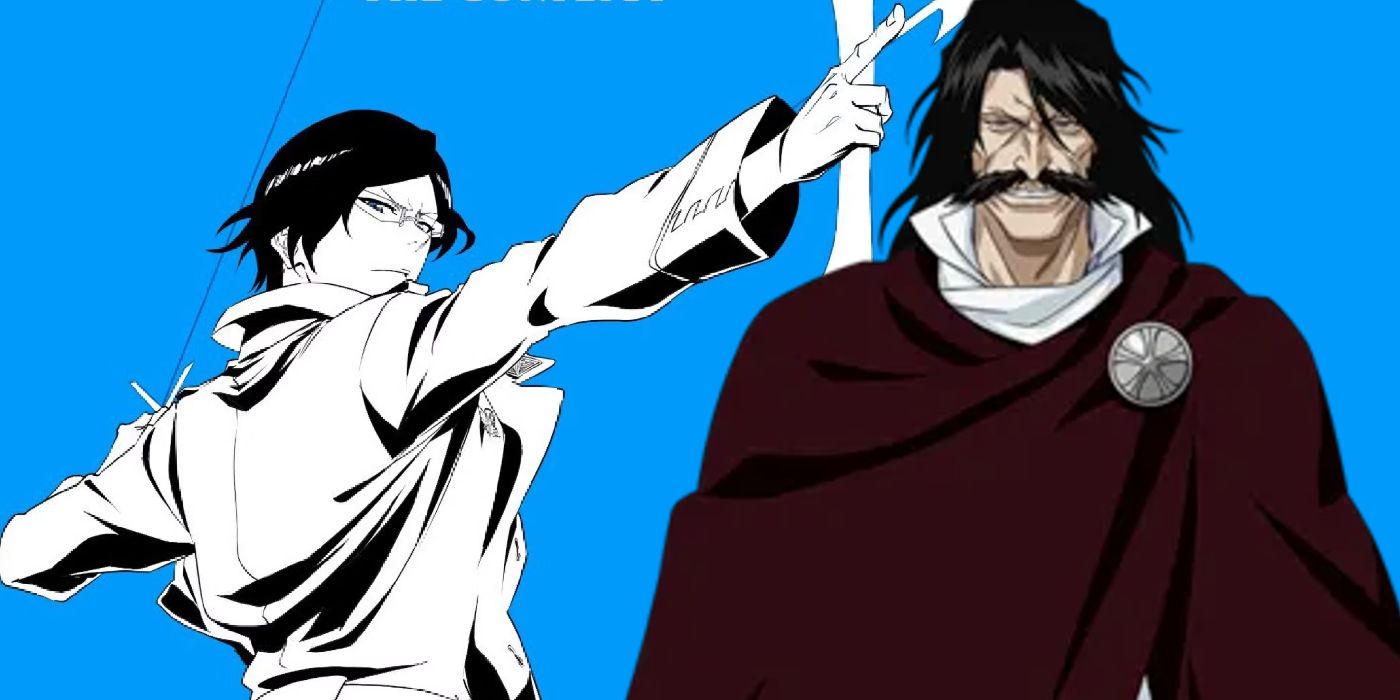With the runaway success of Peacemaker as a DC Character, comics writer Grant Morrison has offered up their thoughts on the character and his adaptations, especially with what to avoid. The irony of Peacemaker’s own ethos fits perfectly into Morrison’s views on modern superheroics and their own use of the character perfectly demonstrates this.
Peacemaker has been a surprise breakout star of DC Comics in recent years, helped by John Cena’s portrayal of him in both James Gunn’s The Suicide Squad and the subsequent Peacemaker TV show. Created by Joe Gill and Pat Boyette in Charlton Comics’ Fightin’ 5 #40, Peacemaker, or Christopher Smith, is an avowed pacifist who uses violence in the pursuit of peace. When Charlton Comics’ characters were acquired by DC Comics, Peacemaker was folded into DC’s post-Crisis on Infinite Earths continuity, reinventing him as a mentally ill anti-hero haunted by the shame of his Nazi father. Until his live action appearances, Peacemaker had been most famous for his Watchmen analogue the Comedian, but his star has risen in recent years.
Now, in their latest Substack post annotating their series The Multiversity, Grant Morrison has weighed in with their views on the different interpretations of Peacemaker. While Morrison loves John Cena’s portrayal, they don’t see the use in turning the character into a joke. As Morrison explains:
“My take on Peacemaker goes back to the original and presents Christopher Smith as a seemingly sane and organised individual, training others to stand up against global bullies.
James Gunn’s Peacemaker which offers a more psychologically troubled take is, however, my favourite superhero show, and John Cena’s portrayal of the character touches the sublime. Our Multiversity take on the character is very different and goes back to the original concept rather than the ‘80s revisionist Nazi nutjob.
The notion of ‘A Man Who Loves Peace So Much He’s Willing to Fight for It’ doesn’t seem to be as much of a laughable contradiction these days. The Peacemaker has chosen to do the dirty work of establishing abiding peace in the world. It seems a very modern realpolitik concept for a superhero and the resort to deconstruction where he’s generally portrayed as a deranged joke on his name feels like the lazy way out.”
This perspective makes a ton of sense considering Morrison’s own background. Morrison’s own father was a pacifist who became an anti-nuclear activist after his experiences as a soldier during WWII. For Morrison, the irony of the concept surely tickled their fancy due to both their own upbringing and how Peacemaker fits into the wider political landscape. Peacemaker shouldn’t be a joke, because it would miss the potential to use the character as commentary on modern ideas of “peace.”
Peacemaker Reflects Post-9/11 U.S. War Efforts

The best reflection of Morrison’s perspective on Peacemaker is the comic their blog post is referencing: their and Frank Quitely’s The Multiversity: Pax Americana #1. In this issue, Peacemaker assassinates U.S. President Harley in preparation for Harley’s planned resurrection, an act Harley himself believes will bring about world peace. This is a literalization of Peacemaker’s ethos, literally killing in order to achieve a world peace. The realpolitik conception of Peacemaker is only highlighted by this issue’s use of early-2000s imagery, from 9/11 to George W. Bush, slotting Peacemaker’s ethos firmly within an era in which “peace” is already a euphemistically charged term. In this era, in which the government and media can happily report U.S. wars as “peacekeeping missions,” Peacemaker’s declarations don’t seem too far-fetched.
Morrison’s view on Peacemaker also ties directly to their own views on problems with modern superheroes. Morrison has for many years been openly critical of the tendency in modern comics to position superheroes as soldiers, often by tying them directly to government interests or making them literally work for a nation. Perhaps the most famous example of what Morrison is talking about is Mark Miller and Bryan Hitch’s The Ultimates, which reframed the foundation of the Avengers as a paramilitary squad under the U.S.’ jurisdiction. With books like The Ultimates so tied to Bush-era conceptions of U.S. power, it’s no wonder Morrison set Pax Americana them, and saw a perfect locale for Peacemaker. Grant Morrison has set the bar with how Peacemaker can and should be used, and their comments on his potential should be taken seriously when the character is used in the future.



